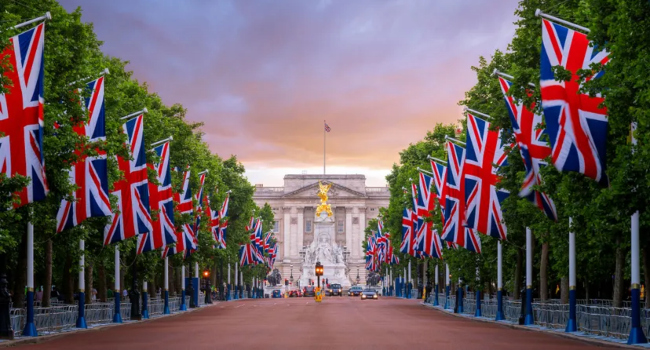
Britain’s Finance Minister, Rachel Reeves, is set to announce billions of pounds in public spending cuts on Wednesday as part of the Labour government’s efforts to stabilize the country’s fragile economy.
The spending reduction comes amid slow economic growth, rising borrowing costs, and global financial instability. Despite a slight dip in the UK’s inflation rate to 2.8% in February, it remains above the Bank of England’s target, prompting concerns about the country’s economic trajectory.
Reeves, known for her strict fiscal discipline, is expected to introduce cuts to welfare payments and government department budgets, while also ruling out tax increases. These measures are in line with Labour’s commitment to reducing national debt as a percentage of GDP by 2029-2030.
Meanwhile, Prime Minister Keir Starmer has pledged increased defense spending, with an additional £2.2 billion allocated for next year. However, Labour’s spending cuts, including reductions to disability welfare and a controversial winter-fuel benefit rollback, have drawn criticism.
With the Office for Budget Responsibility set to release a downbeat economic forecast, experts warn that the UK’s growth outlook remains bleak. Business leaders have also raised concerns over an impending tax hike set to take effect in April, cautioning that it could negatively impact hiring and wages.
As Labour navigates these financial challenges, Reeves insists that difficult choices must be made to secure Britain’s economic future. However, with mounting public and business sector concerns, the government’s fiscal strategy is likely to remain a contentious issue.








